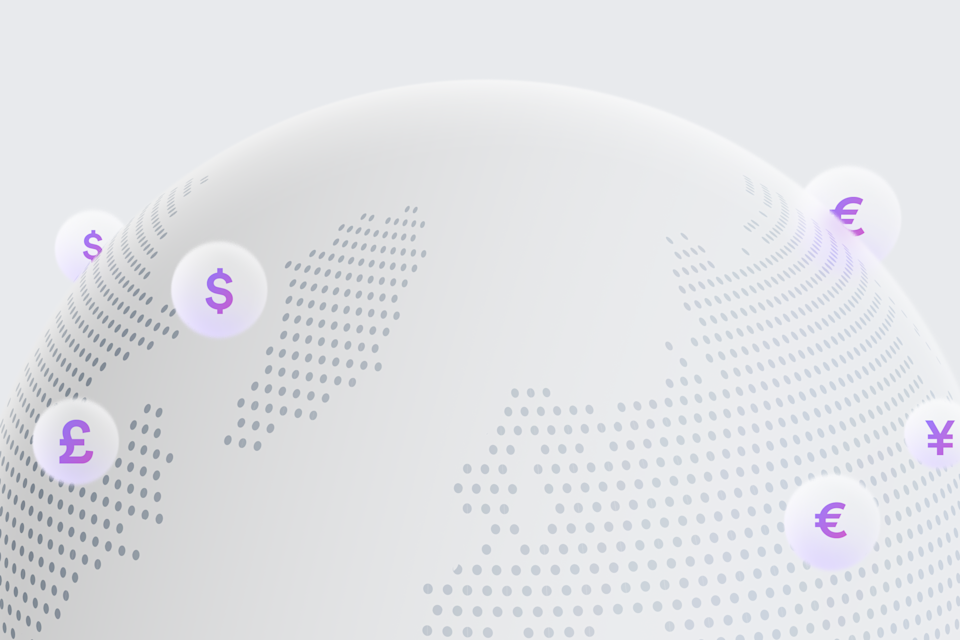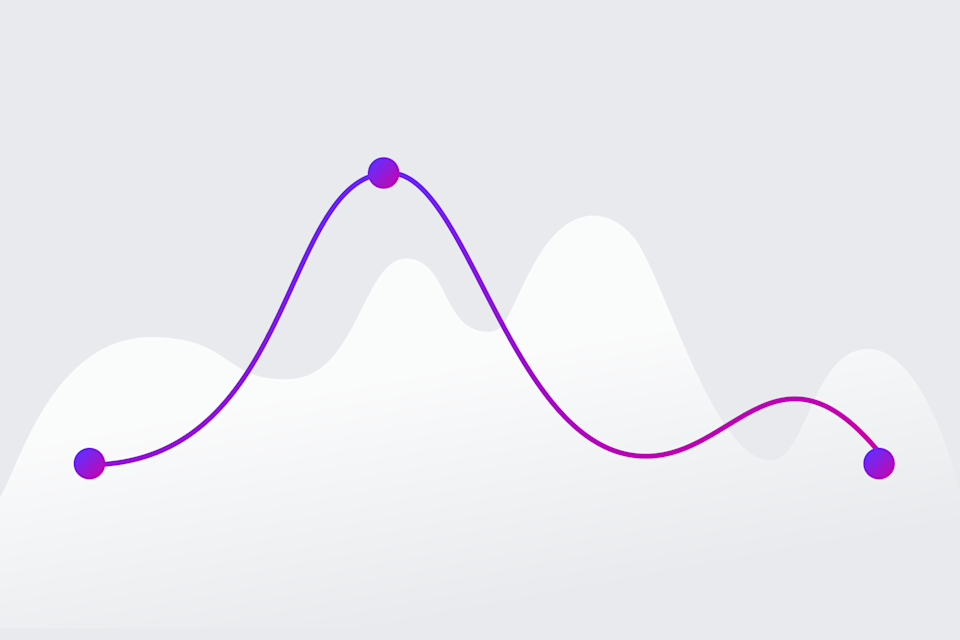Social enterprise is on the rise in Australia. According to social traders.com, there are an estimated 20,000 social enterprises in the country, generating about 3% of GDP and employing around 300,000 employees. However, despite the impressive GDP figures, social enterprises measure their success in their impact and not in the profits generated.
By definition, social enterprises are businesses that prioritize impact over profit-making. They deliberately trade to find solutions to prevailing social problems, improve communities, protect the environment and provide access to employment and training for people.
While social enterprises in Australia originated from the non-profit sector and the cooperative and mutual business scene, not all social enterprises are non-profit. Most of them are profitable entities. Social enterprises are viable, profitable businesses that trade for a profit like every other business with one caveat; the profit motive seldom outweighs the purpose and impact of the brand.
We brought together three exemplary social enterprises in Australia to hear how they are balancing impact against growth and profits.
Unlock global growth
Single Use Ain't Sexy
Single Use Aint Sexy is a one-year-old Australian brand trying to reduce human plastic waste with a reusable plastic bottle and soap tablet. Josh Howard, CEO and founder, believed that something could be done to reduce the number of single-use plastic bottles that end up in landfills every day.
Single-Use Aint Sexy developed a reusable non-plastic soap bottle that can be easily refilled with tap water and their soap tablet. So rather than buying a new soap bottle every time, one simply has to buy a soap tablet, fill the reusable bottle with water and drop in the tablet. Then you have hand soap without having to consume single-use plastic.
While they just celebrated their first birthday, they have already saved more than 125,000 plastic bottles from landfills. This shows how popular the product is, which indicates the level of need for the product in the community.
Josh believes that a purpose-built brand cannot struggle to grow if it solves a real need in the community. If you are genuinely solving a problem in society, scaling the business and increasing your revenues will come organically. Solve a genuine problem, and you will always have demand.
“If you build a purpose-built business, then you don’t have to worry about marrying the business and product. They are one and the same. Scaling up the business will also scale the impact,” said Josh.
Who Gives A Crap
Who Gives A Crap is a unique brand established to increase access to toilets for the most impoverished areas of the world by selling toilet paper. The founders said that they started the company when they realized that 40% of the world doesn't have access to toilets. This means that about 300,000 children die every year from diseases related to not having proper toilet access and sanitation.
This is why Who Gives A Crap decided to make toilet paper out of recycled paper and bamboo and donate the profits to organizations installing toilets in places that don’t have enough. By using sustainable materials and donating the profits, Who Gives A Crap is creating twice the impact. This is part of the brand’s ethos. They use their purpose as a compass, guiding all other aspects of the business, even their profit motives. This was highlighted by the brand’s VP of Culture and People, Ellie Smith.
"It is part of being purpose-driven. You have to be able to make tough calls and say no to easy wins. You have to dig deep to do the work that you really believe in, and it does pay off in the end.”
Thankyou
Thankyou is a 12-year-old brand that brings consumers a product choice that exists all for the end of extreme poverty. It is estimated that over 700 million people live in extreme poverty, and the supplementary funding required to end extreme poverty by 2030 is about $2.5 trillion. However, the global consumer market is about $63 trillion every year.
Thankyou exists to bridge the gap between these figures, by redistributing wealth from consumer spending to fund impactful change-makers, working towards a world where not one person lives in extreme poverty.
Their first product, bottled water, was produced with the intention to provide a better choice in the market that would help bring water to those in need. Thankyou by their own admission, believed bottled water was a 'silly product' that shouldn't exist. But while it did, they thought they would be able to find a solution that's a win-win for humanity and the planet in the industry.
“Our reason for starting in bottled water was that it's a silly idea that people are buying into. So we decided on a Robin Hood model - take from the bottled water industry and give to the poor because there will always be a bottled water industry,” said Pete Yao, Chief Impact Officer at Thankyou.
Despite its success, the company stopped selling the product in 2020. The decision to end a revenue stream that was giving the company millions of dollars in sales was made because selling single use plastic bottles was against their values as the plastic bottles were damaging the environment. Thankyou is willing to challenge even their own systems and structures to get to where they are headed. These are the tough decisions that purpose-driven businesses have to be willing to make.
Reinvesting for growth and impact with Airwallex
At Airwallex, our mission is to empower businesses to operate anywhere, anytime - including social enterprises. Every business (and social enterprise) should be able to reach a global audience from day one, without the expensive FX or international transaction fees that could be reinvested into impact.
Are you a social enterprise looking for a global business account solution that can scale with your social enterprise? Get started with Airwallex today to reinvest more towards your global impact.
Streamline your financial operations
Related article: Key Performance Indicators For E-Commerce businesses



